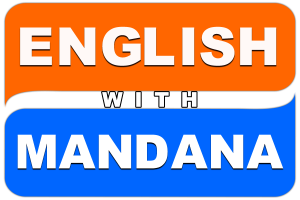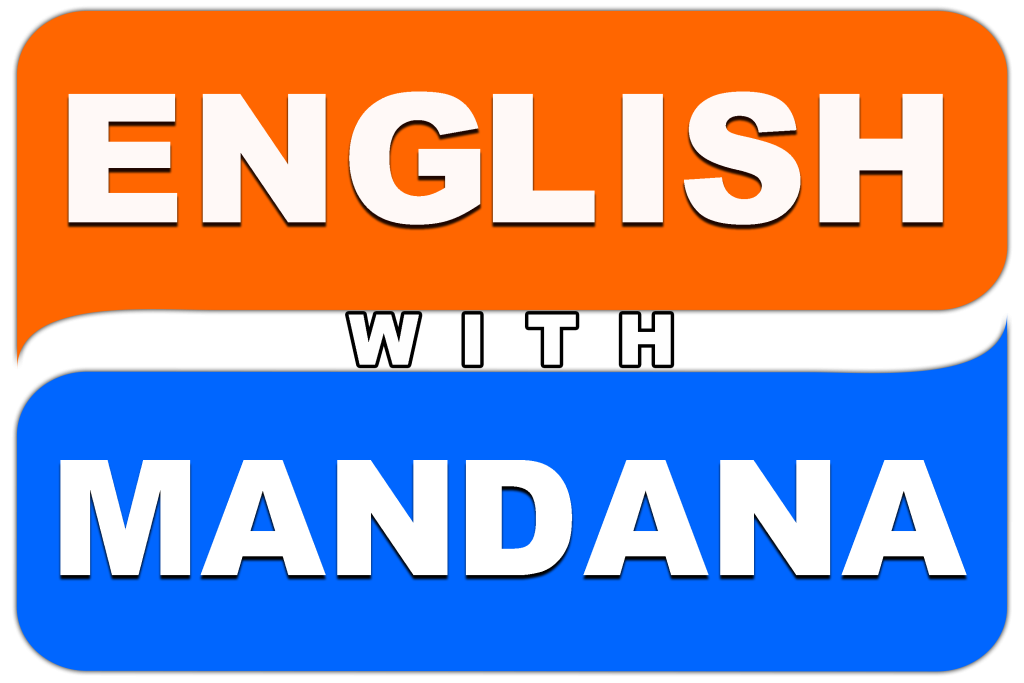لغات مربوط به Education

برای دانلود فایل آموزشی و پی دی اف لغات مربوط به Education روی لینک زیر کلیک کن :
1. Education – آموزش
2. Learning – یادگیری
3. Curriculum – برنامه درسی
4. Teaching – تدریس
5. Student – دانشآموز
6. Teacher – معلم
7. Knowledge – دانش
8. Skills – مهارتها
9. Assessment – ارزیابی
10. Classroom – کلاس درس
11. Literacy – سواد
12. Critical thinking – تفکر انتقادی
13. Engagement – مشارکت
14. Pedagogy – pedagogi
15. Resources – منابع
16. Technology – فناوری
17. Online learning – یادگیری آنلاین
18. Vocational training – آموزش فنی و حرفهای
19. Higher education – آموزش عالی
20. Degree – مدرک
21. Diploma – دیپلم
22. Research – تحقیق
23. Collaboration – همکاری
24. Diversity – تنوع
25. Inclusion – گنجایش
26. Accreditation – اعتبارسنجی
27. Scholarship – بورس تحصیلی
28. Tuition – شهریه
29. Classroom management – مدیریت کلاس
30. Learning environment – محیط یادگیری
31. Curriculum development – توسعه برنامه درسی
32. Extra-curricular activities – فعالیتهای فوقبرنامه
33. Special education – آموزش ویژه
34. Motivation – انگیزه
35. Feedback – بازخورد
36. Professional development – توسعه حرفهای
37. Community – جامعه
38. Lifelong learning – یادگیری مادامالعمر
39. Educational policy – سیاست آموزشی
40. Student-centered – دانشآموزمحور
41. Innovation – نوآوری
42. Equity – برابری
43. Standards – استانداردها
44. Mentorship – مشاوره
45. Peer learning – یادگیری همتا
46. Global education – آموزش جهانی
47. Emotional intelligence – هوش عاطفی
48. Public education – آموزش عمومی
49. Educational technology – فناوری آموزشی
50. Accessibility – دسترسی
لغات مربوط به Education
Education is a fundamental pillar of society, shaping individuals and communities. It encompasses various aspects of learning, including curriculum development, teaching methods, and assessment strategies. Teachers play a crucial role in fostering knowledge and skills, creating a supportive classroom environment that promotes engagement and critical thinking.
With the rise of technology, online learning has become an integral part of education, offering flexibility and accessibility to students worldwide. Higher education institutions provide opportunities for advanced study and vocational training, preparing individuals for diverse career paths. Scholarships and financial aid help make education more equitable, ensuring that all students have access to quality learning experiences.
Inclusion and diversity are essential components of modern education, allowing for a richer learning environment where all voices are heard. Special education programs support students with unique needs, emphasizing the importance of personalized approaches to learning.
Professional development for educators is vital, as it equips them with innovative teaching strategies and updated knowledge in their fields. Encouraging lifelong learning fosters a culture of continuous improvement, benefiting both individuals and society.
Ultimately, effective education is student-centered, focusing on the needs and aspirations of learners. By promoting collaboration, mentorship, and emotional intelligence, educational systems can cultivate resilient, informed citizens ready to contribute positively to their communities.


